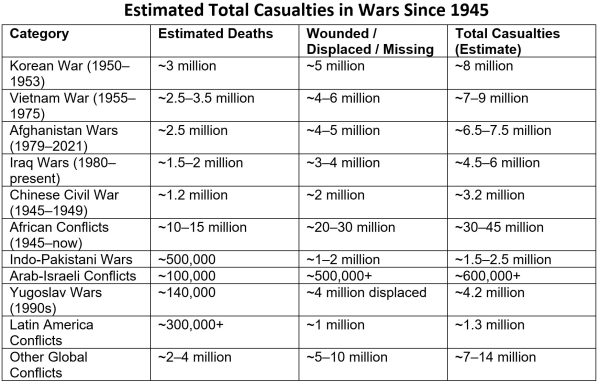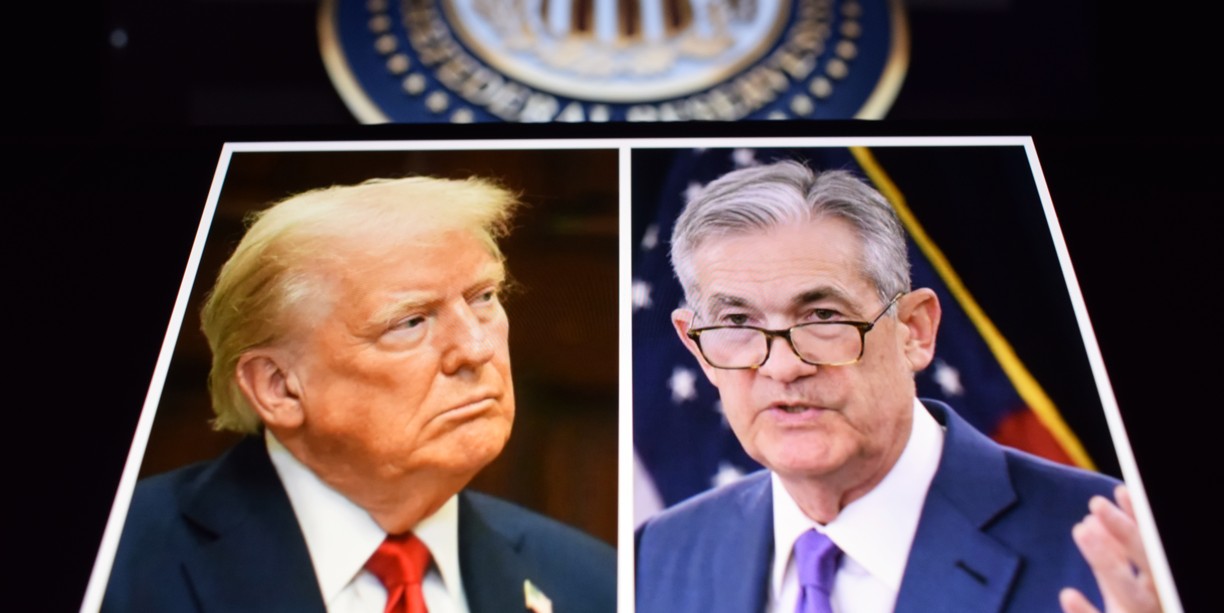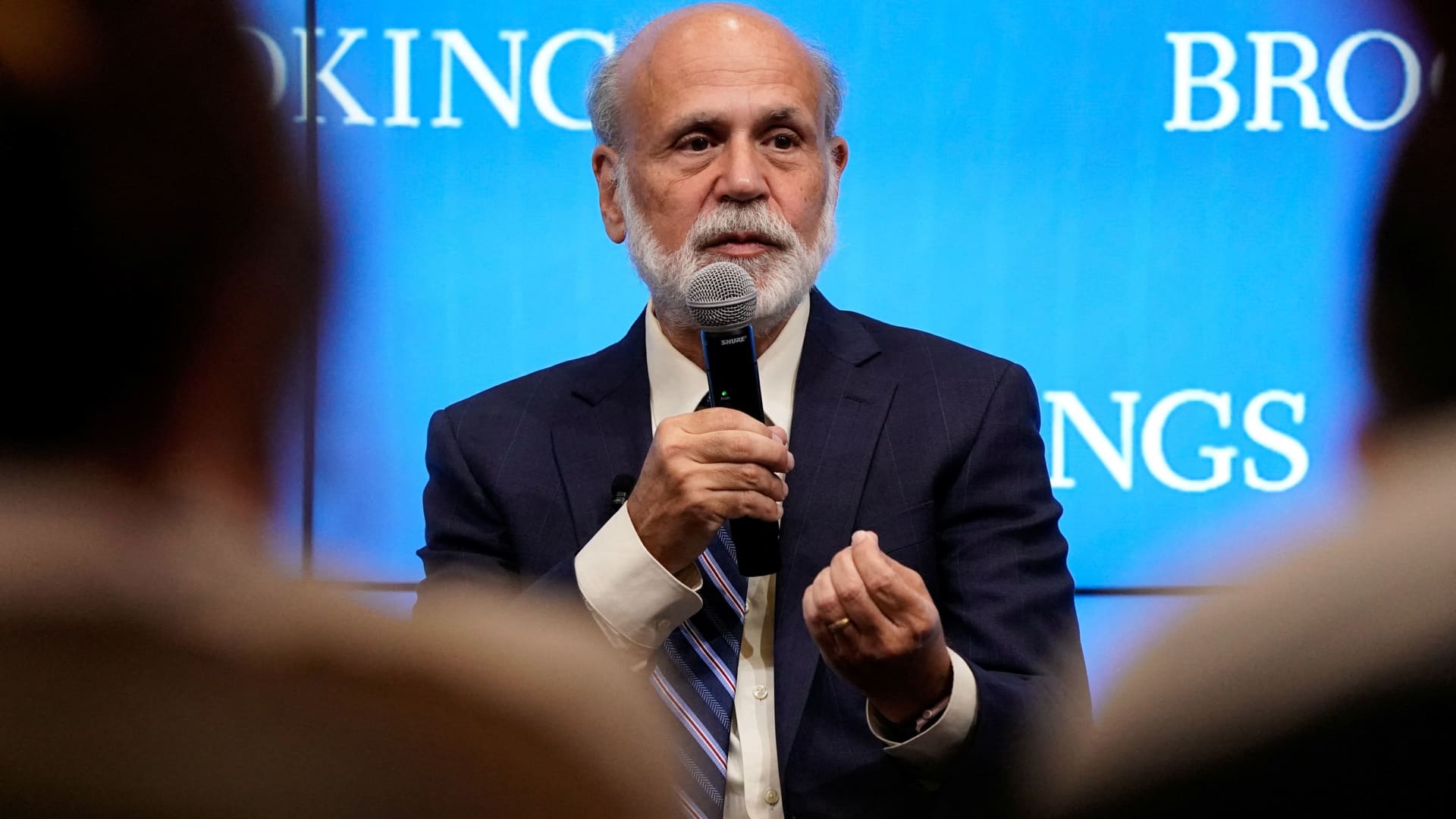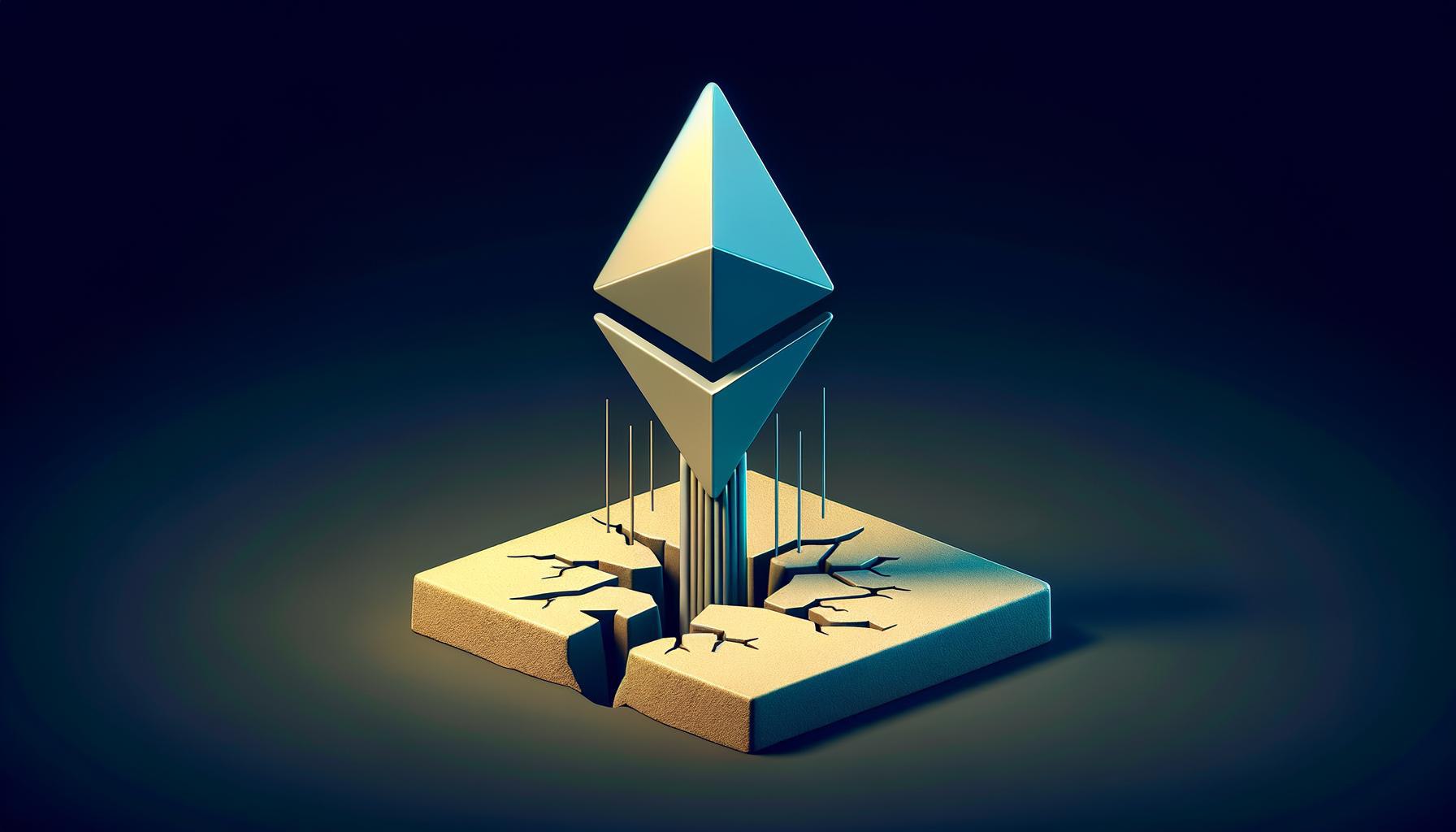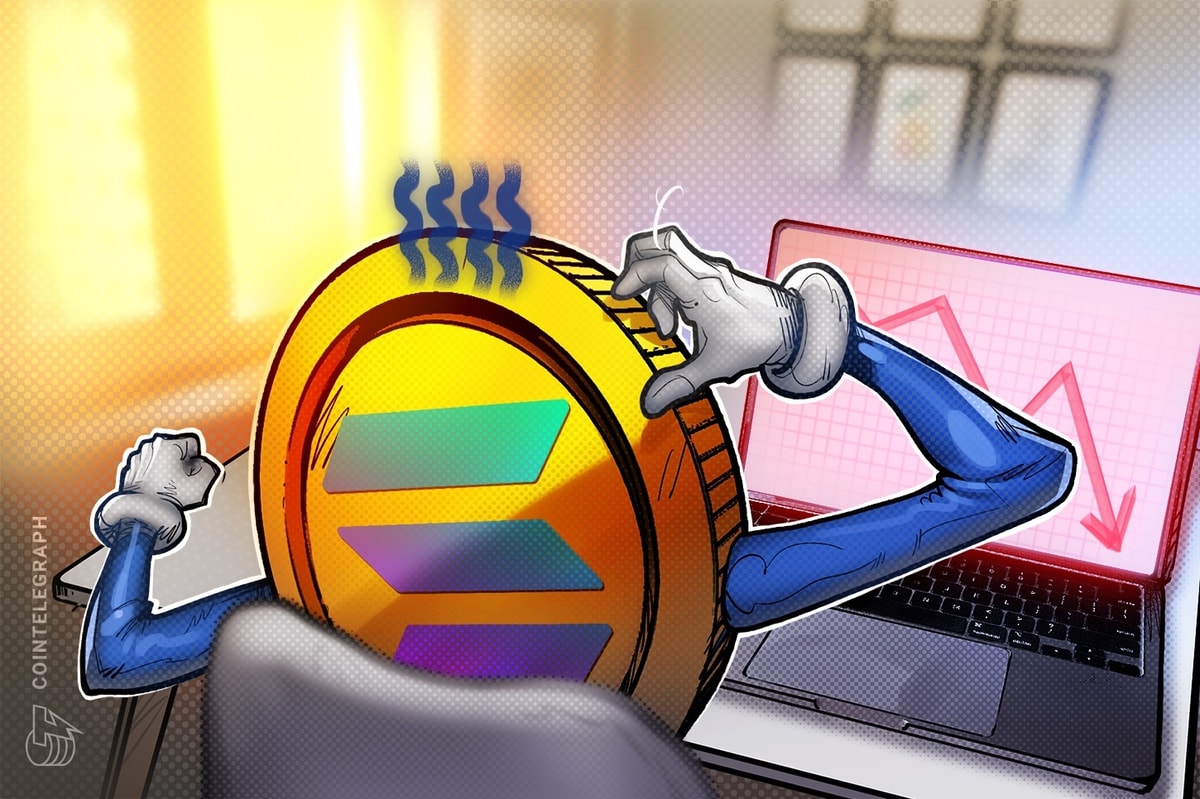When the global financial crisis struck 15 years ago, economists were forced to respond to criticism that they had, for decades, ignored the banking system. With its choices for this year’s Nobel prize, Sweden’s Royal Academy of Science honoured three economists who had, in fact, spent the previous decades examining banking instability. Research by Ben Bernanke, chair of the Federal Reserve during the crisis (and an academic before that), Douglas Diamond of the University of Chicago and Philip Dybvig of Washington University in St Louis was largely vindicated by the failure of the banks in 2008.
The three laureates’ central insight was that banks were not the neutral intermediaries between savers and borrowers that other economic models had assumed. Instead, they offer vital services to the wider economy: gathering information on borrowers, providing a liquid means of saving and deciding to whom to extend credit. From this insight flows an important conclusion: because banks are crucial to the economy, they are also dangerous.
Mr Bernanke is most famous for his time as a central banker. But it was his work at Stanford University that the committee cited. They mentioned an article on economic history published in 1983 that looked at the causes of the Depression. Unlike previous historical accounts, Mr Bernanke’s work emphasised the role of the banking system, arguing that a self-sustaining cycle of bank runs caused the plunge in economic activity in the 1930s, rather than just being a consequence of it.
In this account, Mr Bernanke focused on the role played by banks in providing credit. The uncertainties inherent to lending and borrowing mean that such decisions require “information-gathering services”. When banks failed in the 1930s, new entrants could not easily replace them. Unlike a grocer, a new bank cannot simply move into its predecessor’s premises and set up shop. Knowledge about borrowers is hard won. This meant that farmers, small firms and households all found credit more difficult to obtain during the Depression, ensuring a vicious downturn.
A similar insight lies at the heart of the Diamond-Dybvig model of bank runs, developed in 1983 by Mr Bernanke’s two fellow laureates. Without banks, the authors pointed out, ordinary savers would be forced to invest directly in capital projects with long-term pay-outs. These projects would then need to be cancelled whenever savers faced an unforeseen cost that meant they needed to dip into their savings.
Banks allow savers to pool their money, and for these pooled savings to be used to finance long-term investments. Crucially, savers may withdraw their cash without imperilling these investments (this is known as liquidity). In exchange for the service, banks take a slice of returns. The process is called “maturity transformation” as it involves the transformation of an asset with a short maturity—a bank deposit which may be redeemed immediately—into one with a longer lifespan, such as a business loan repayable over many years.
The provision of this service makes banks vulnerable. If lots of savers try to withdraw money at the same time, perhaps because of a rumour that a bank will be unable to satisfy its creditors, the bank will be forced to terminate its long-term investments and sell assets at deep discounts. Such losses could cause the bank to collapse, as happened in 2008 when a downturn in the American housing market spiralled into a system-wide banking crisis.
There is an escape from this problem, however, which Messrs Diamond and Dybvig demonstrated by employing game theory. It is rational for depositors to run on a bank so long as they believe others will. But such a course of action becomes fruitless if they believe others will remain at home. A system of insuring deposits, such as the one instituted by the American government in 1933 or by a central bank acting as a “lender of last resort”, can prevent runs from happening in the first place.
This insight was not entirely novel. Walter Bagehot, a former editor of The Economist, suggested in 1873 that central banks could avoid financial panics by acting as a lender of last resort. Likewise, “It’s A Wonderful Life”, a film released in 1946 and mentioned in the Nobel’s citation materials, demonstrated both the mechanics of a bank run and the importance of confidence. The hero soothes panicking depositors with calming rhetoric and a capital injection from his honeymoon savings.
The “fundamental impact” of the laureates’ work, in the words of the committee, was to offer mathematically consistent models of this existing informal knowledge. Their key contribution, perhaps, was not to discover something new about the world, but to communicate something that had been all too easily forgotten by the rest of the economics profession. ■
For more expert analysis of the biggest stories in economics, business and markets, sign up to Money Talks, our weekly newsletter.


